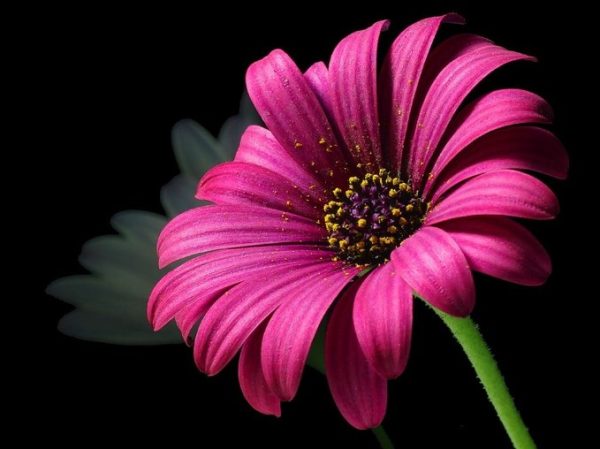
Ways To Prevent Exposure To Pollens
Spring is the season when plants starts flowering and show beautiful colors to the world. However, if you are allergic to pollen then you might not enjoy watching them. How do you know you have pollen allergy? Generally speaking – if you are having itchy, watery eyes and running nose, then you are allergic to pollen. One way to find out whether you are allergic to pollens is going through doctor prescribed test. If you are allergic to pollens then, protecting yourself from pollen, especially during peak allergy seasons, can make a significant difference in comfort and health for those sensitive or allergic to it. Here are ways to minimize exposure to pollen dust and alleviate symptoms:
1. Stay informed
- Check Pollen Counts: Monitor local pollen forecasts and try to stay indoors when counts are high. Many weather-related websites and apps provide daily pollen levels.
2. Limit outdoor activities:
- Choose timing wisely: Pollen levels are often highest in the early morning and on dry, windy days. Plan outdoor activities for late afternoon or after a rain, when pollen counts are lower.
- Wear protective gear: If you need to be outside, sunglasses can help protect your eyes from pollen, and a mask can reduce inhalation of pollen particles.
3. Create a pollen-free indoor environment:
- Keep windows closed: Use air conditioning in your home and car to filter out pollen, rather than opening windows or using window fans.
- Clean air filters regularly: Replace or clean the air filters in your home’s heating, ventilation, and air conditioning (HVAC) system and in your vacuum cleaner.
- Use air purifiers: Consider using air purifiers with HEPA filters to reduce indoor pollen.
- Minimize Indoor Plants: Some indoor plants can contribute to indoor pollen, so choose them wisely or limit their number.
4. Personal hygiene and clothing:
- Change and wash clothes: After being outdoors, change your clothes and take a shower to wash pollen from your skin and hair before going to bed.
- Do laundry regularly: Wash bedding and clothes in hot water to get rid of pollen.
5. Diet and hydration:
- Stay hydrated: Drinking plenty of fluids can help thin mucus, alleviating congestion and irritation caused by allergies.
- Healthy diet: Some foods can help fight inflammation and bolster your immune system. Fruits and vegetables rich in antioxidants and omega-3 fatty acids, like salmon and flaxseed, can be beneficial.
6. Over-the-Counter and prescription medications:
- Antihistamines: Can help relieve sneezing, itching, runny nose, and watery eyes.
- Decongestants: Useful for temporary relief of nasal stuffiness.
- Nasal sprays: Steroid nasal sprays can reduce inflammation and are effective for many people.
- Eye drops: Can relieve itchy, watery eyes.
7. Consult a healthcare provider:
- Allergy testing: If you’re unsure what triggers your allergies or if over-the-counter medications aren’t effective, consider seeing an allergist for testing.
- Immunotherapy: In some cases, allergy shots may be recommended to desensitize your immune system to specific allergens.
Implementing these tips can significantly reduce your exposure to pollen and alleviate the symptoms of pollen allergies. Always consult with a healthcare provider for personalized advice and treatment options.
Image credit: https://pxhere.com/en/photo/1158717 (CC0 Public Domain)
Author: Sumana Rao | Posted on: April 5, 2024
« Do Not Say These Things To Adoptive Parents Protecting Our Body From Summer Heat Wave Is Critical »






















Write a comment